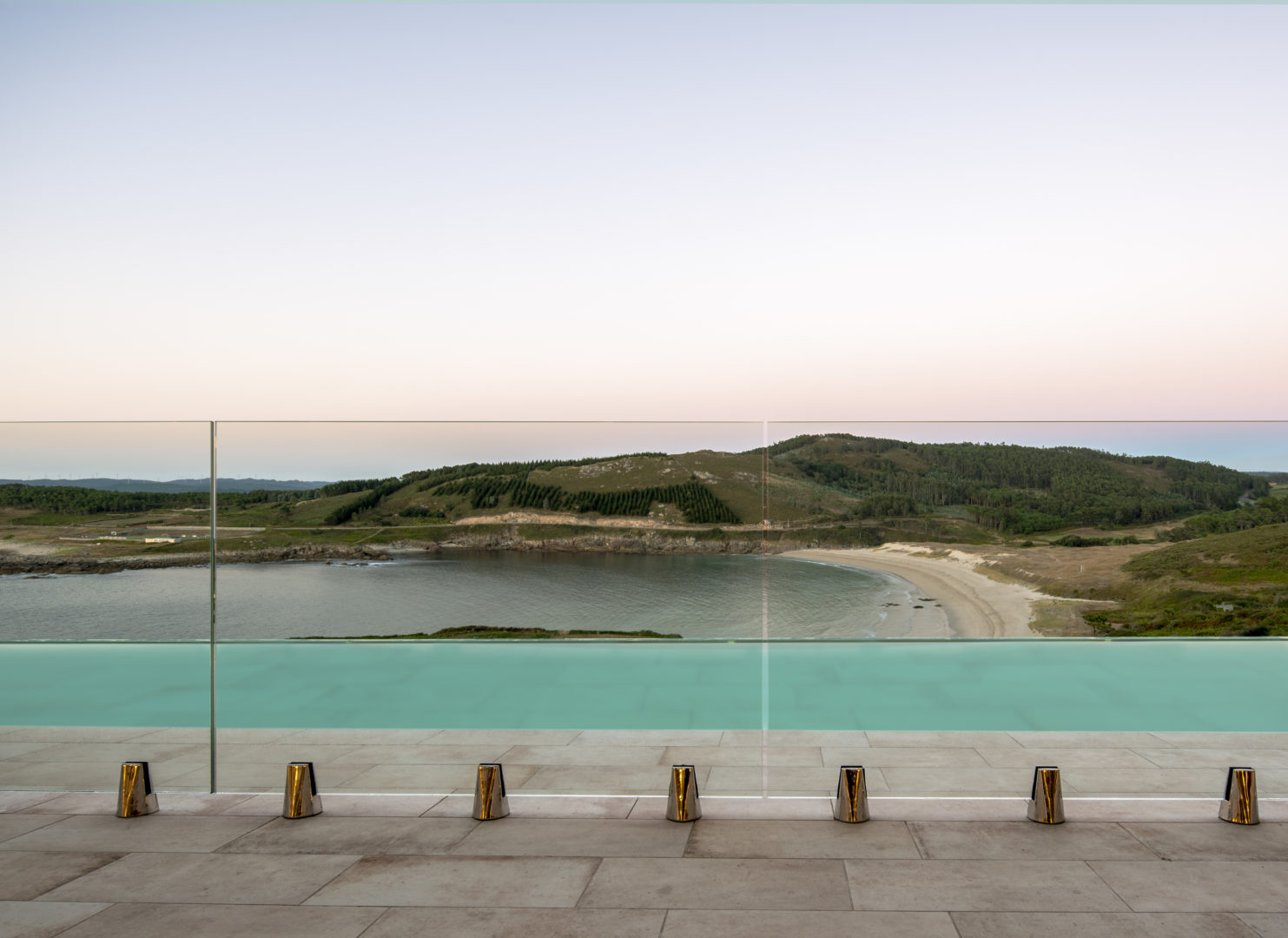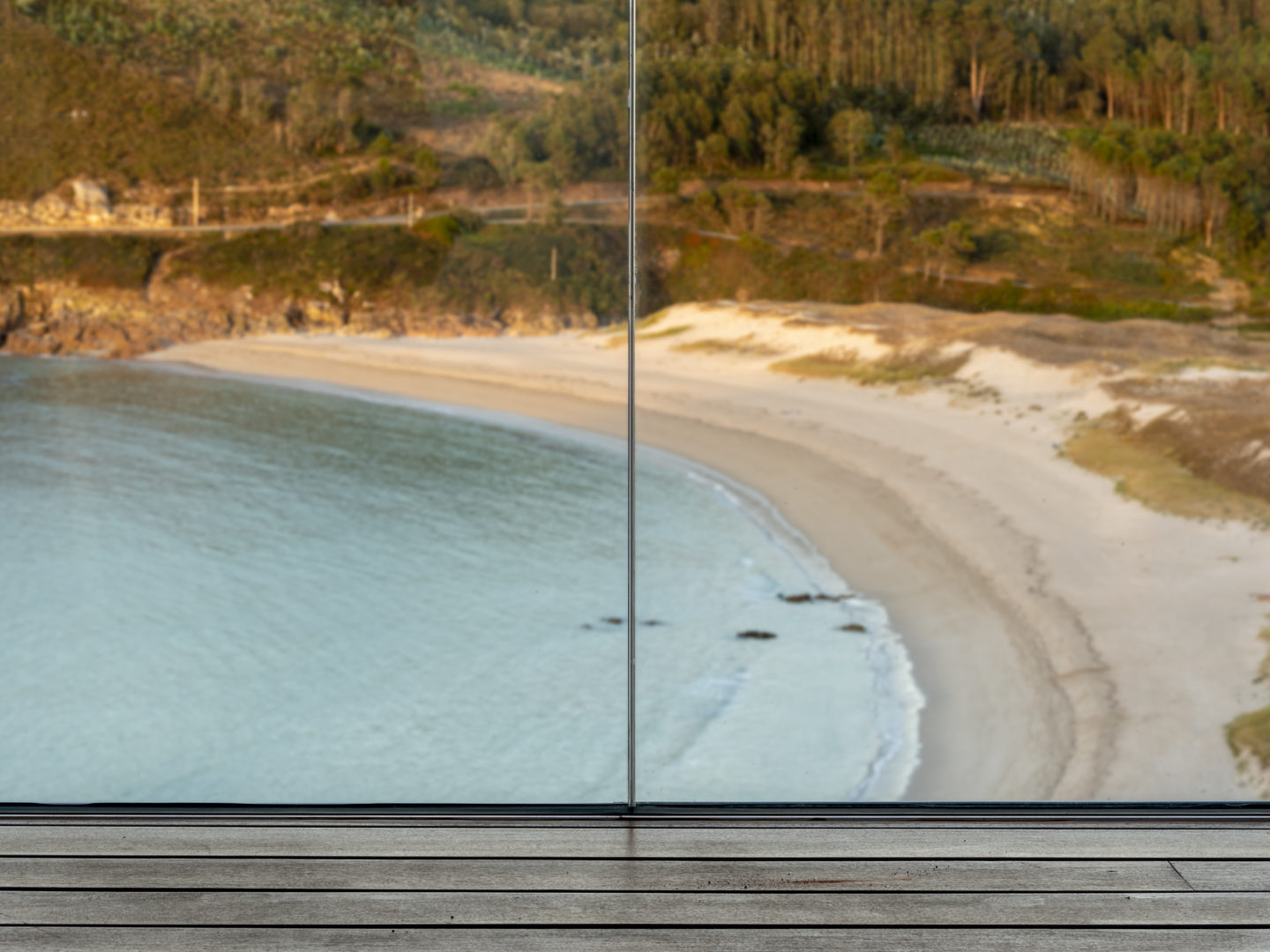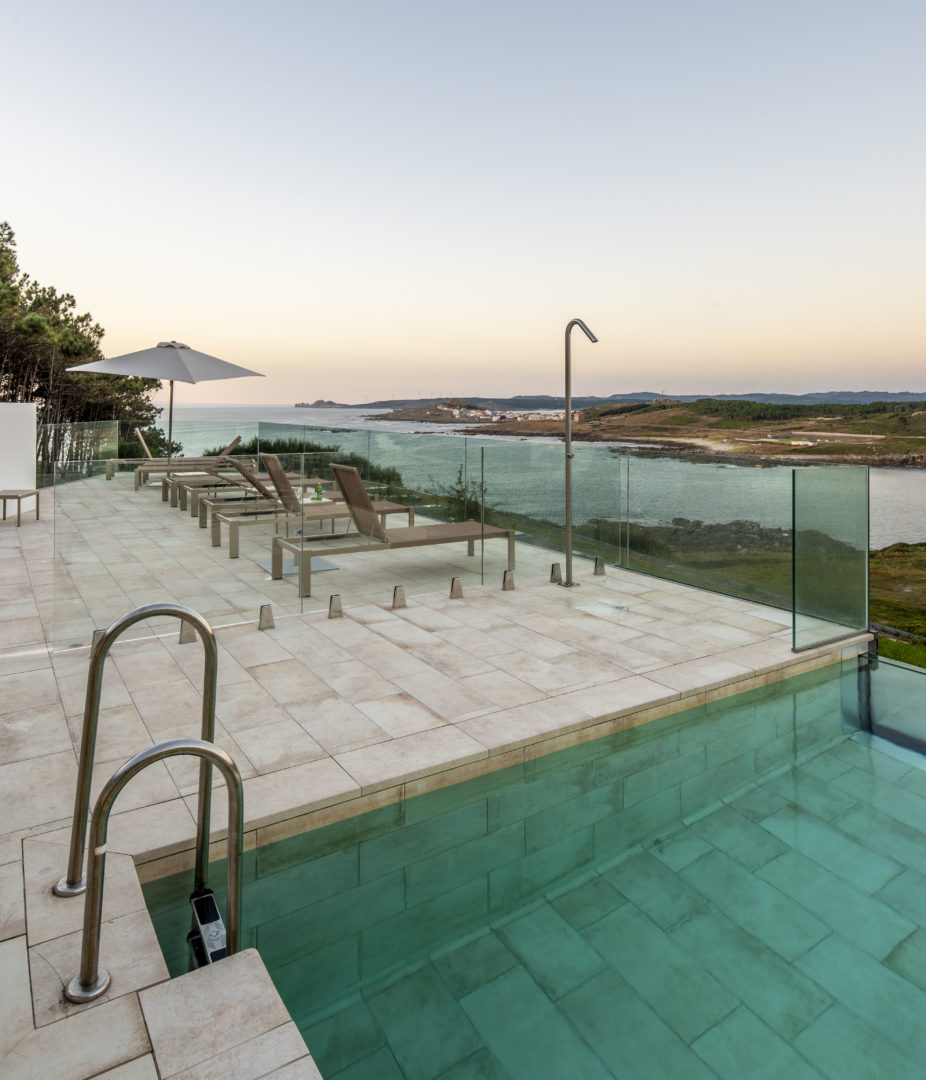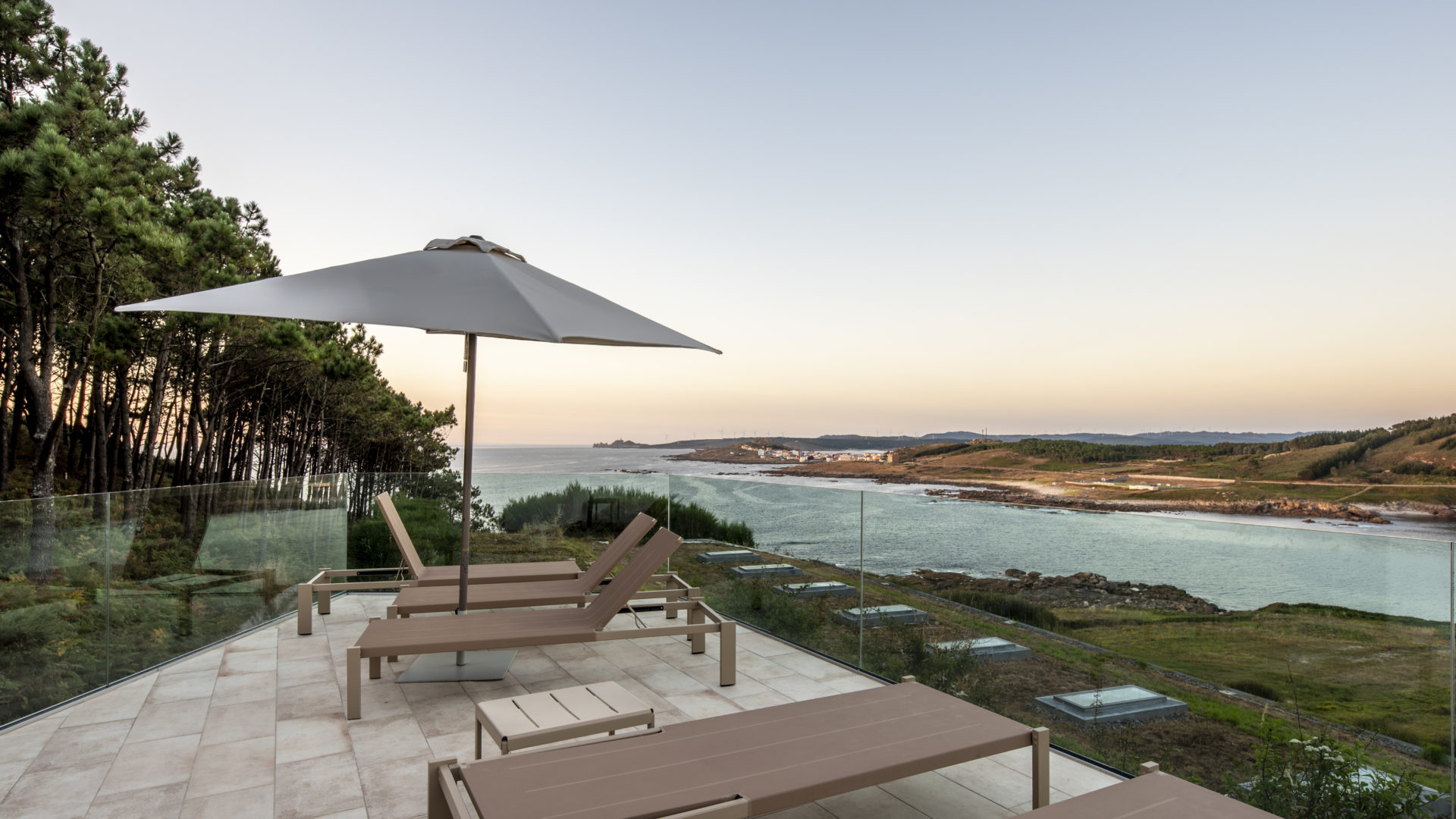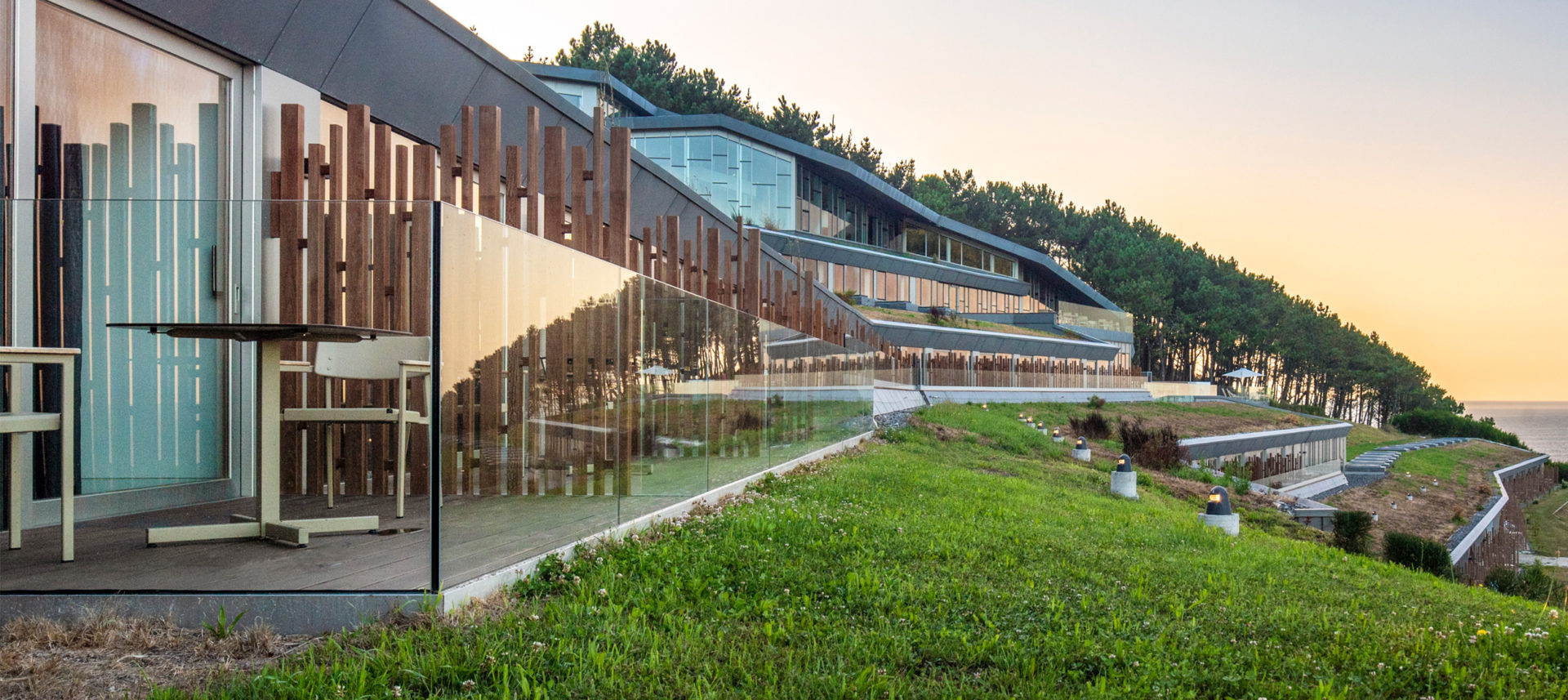
A balcony without filters over the Atlantic
HMS Serpent of the Royal Navy set sail on 8 November 1890 from Plymouth bound for the west coast of Africa to relieve her sister ship at the naval bases in Sierra Leone. It never arrived. The storm pushed the boat onto the rocks of Punta do Boi, in Camariñas, just two days later and a sea surge took the lives of 173 of the 175 crew members. Not even the dynamite to highlight the surroundings managed to eliminate the blind spots of the light of the Vello Lighthouse due to its poor location.
In the first years after the Serpent accident, all the ships of the British navy passing through there stopped to leave a wreath of flowers and to launch salutes of honour in the cemetery enabled by the neighbours to bury the victims. The well-known Cemetery of the English is part of the European Route of Singular Cemeteries, recognized, like the Camino de Santiago that also runs through the area, as a European Cultural Itinerary.
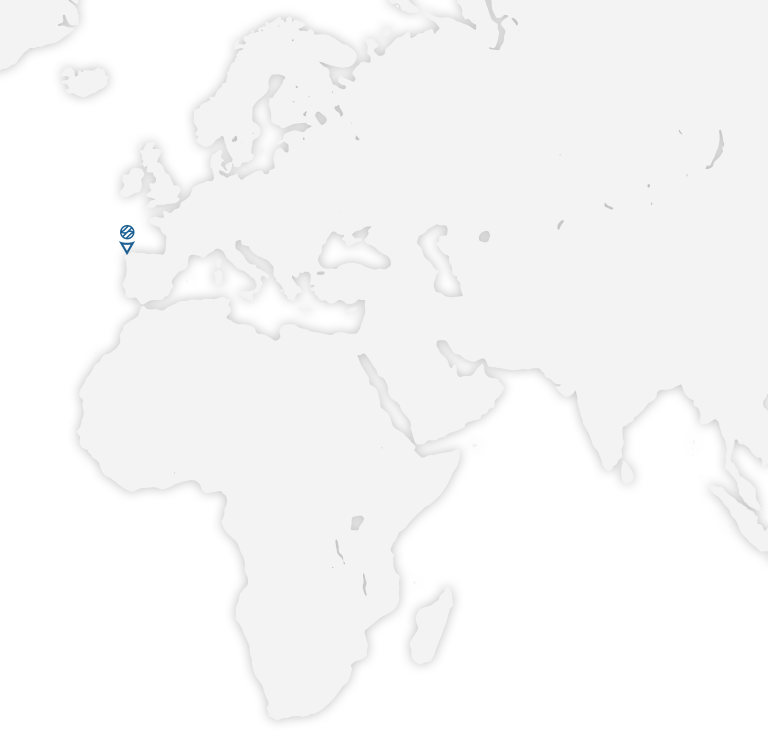
That shipwreck accelerated the construction of the first electric lighthouse in Spain, that of Cabo Vilán, to improve navigation in the tumultuous waters of the Costa da Morte, where a century later the Prestige oil tanker broke in two. That accident also brought a new lighthouse, the Parador de Muxía. The star project of the Galicia Plan promoted by the Government to rebuild the local economy after the environmental disaster is destined to become a light of tourism at the land of the end of the world.
Designed by the Vigo architect Alfonso Penela, the establishment is number 98 of the National Hotel’s network designed in such a way that it not only enhances the privileged environment but also blends with it. The 15,000-square-metre building has a staggered shape taking advantage of the hillside and the vegetation cover on the terraces which makes the visitor lose sight of it at some point before arriving. Even the two panoramic elevators move diagonally to counteract the slope of the terrain.
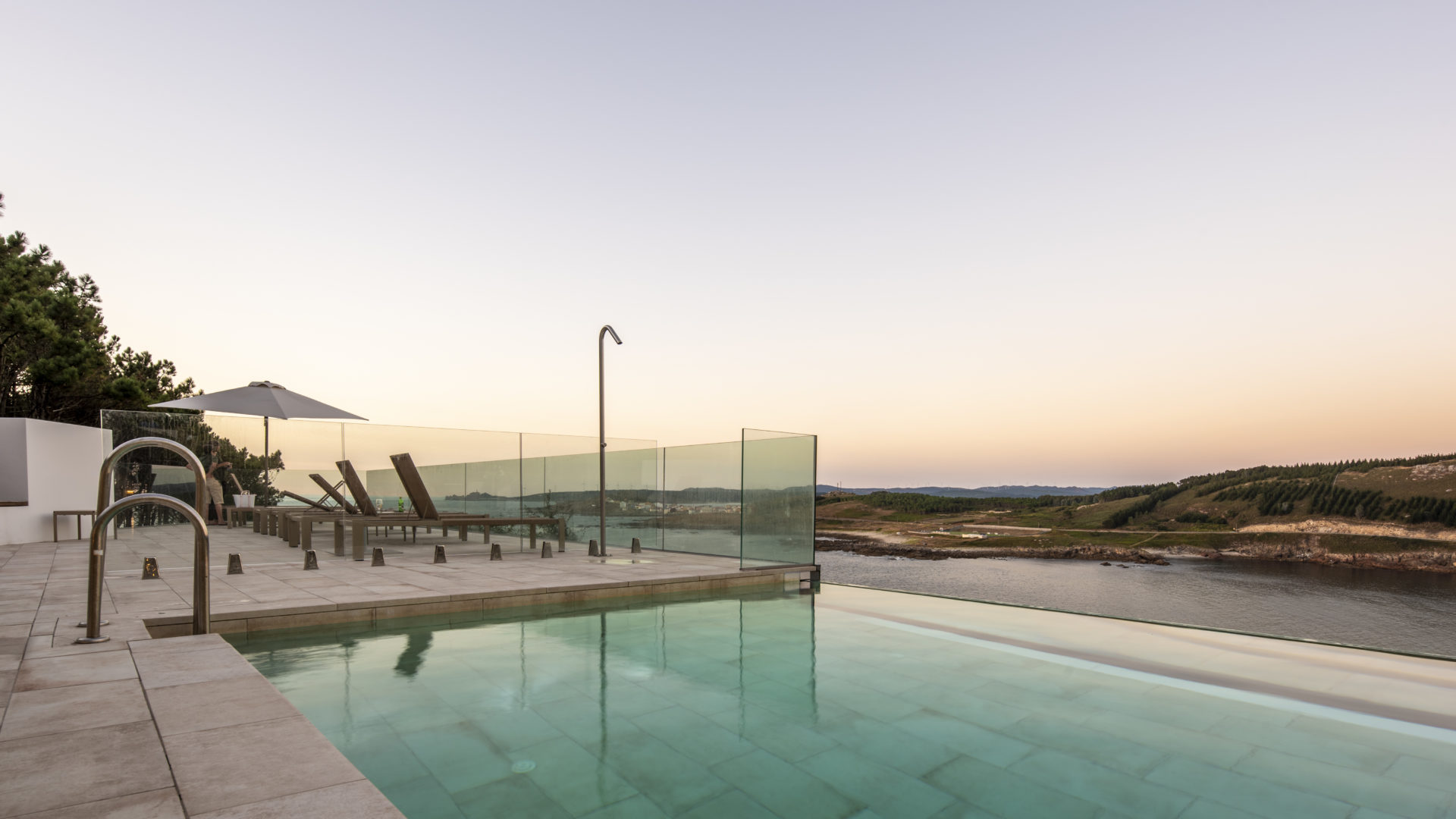
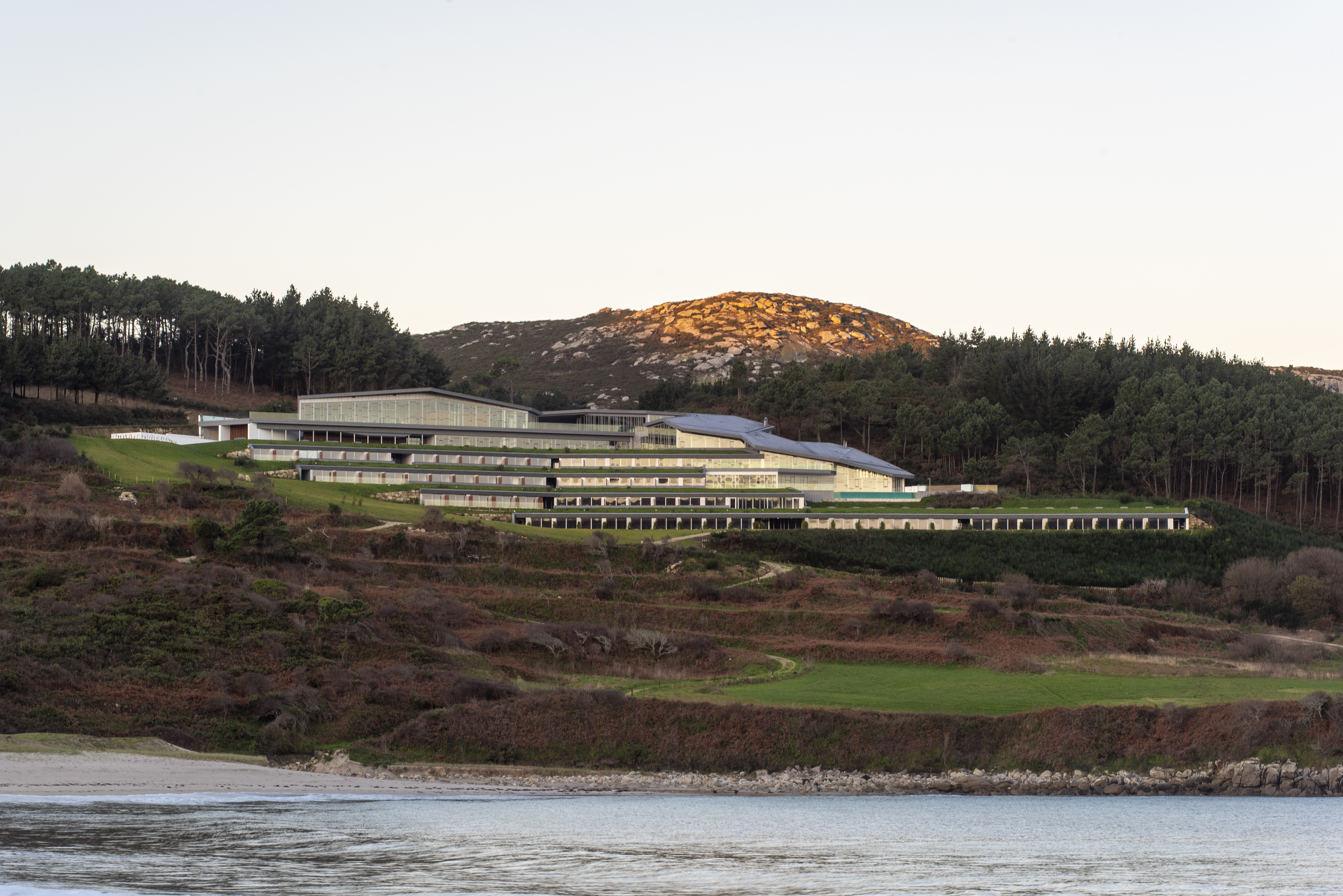
Parador de Muxía
Galicia, Spain
- GlassFit Flow SV-1404
- GlassFit Surface CC-780
